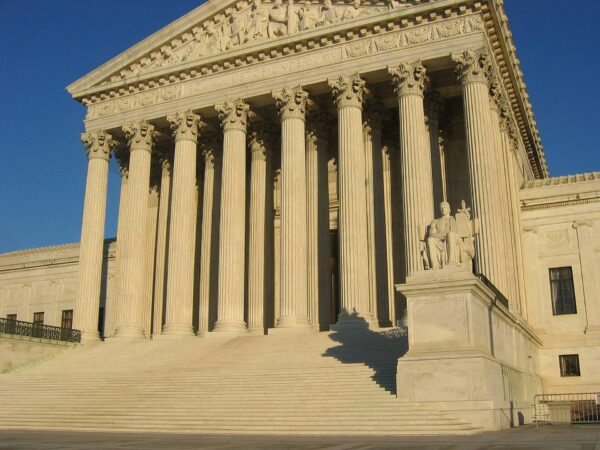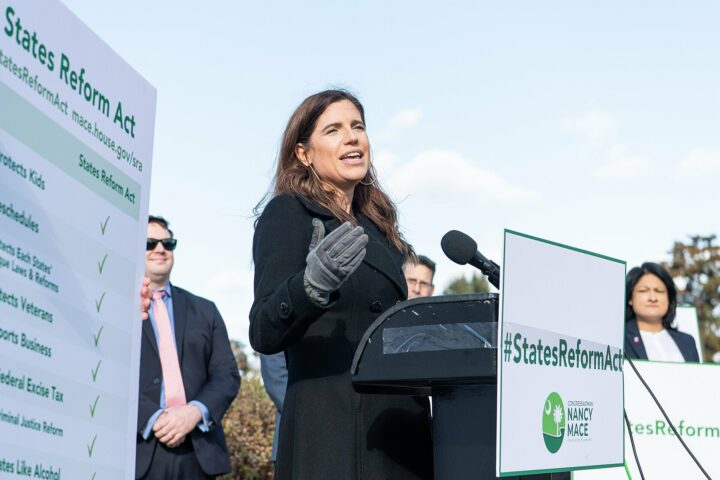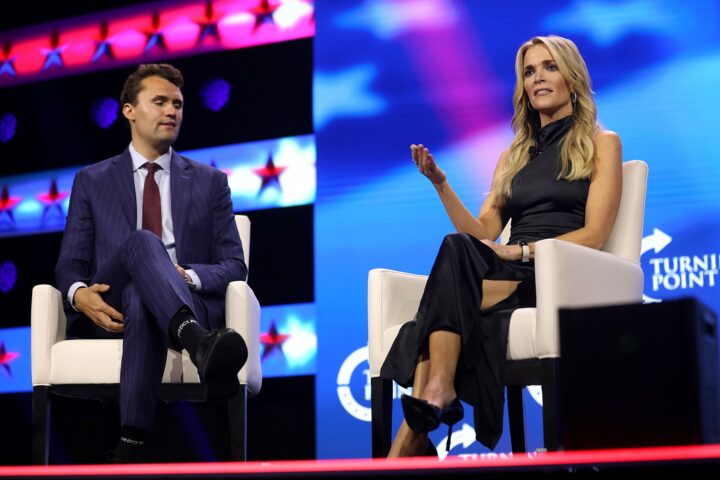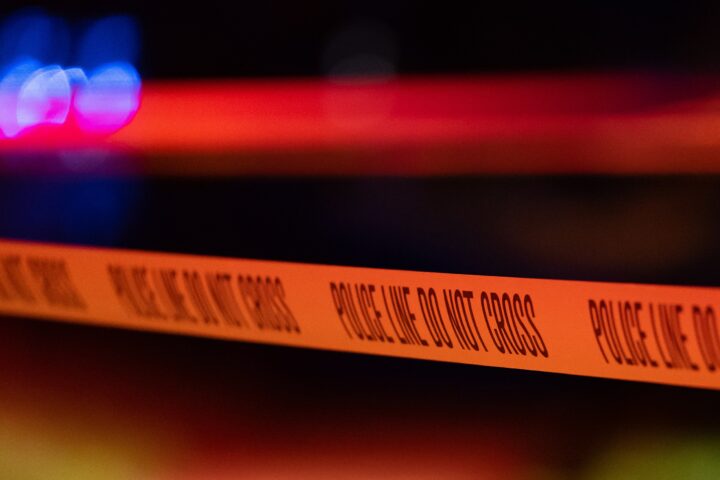On Friday, the Supreme Court limited the Justice Department’s ability to pursue some of those who stormed the Capitol on January 6, 2021, using an Enron-era obstruction of justice statute.
The court ruled that a Pennsylvania man who entered the Capitol building during the disturbance may have been wrongfully punished under a 2002 provision making it illegal to obstruct certain government procedures.
The ruling is expected to reverberate through lower courts and perhaps overturn previous Jan. 6 cases.
This could include the election meddling lawsuit brought against former President Donald Trump by special counsel Jack Smith.
The 2002 law was passed in reaction to the Enron accounting controversy and charges that the energy company’s outside auditor, Arthur Andersen, routinely destroyed damning data.
Prosecutors primarily employed the statute against individuals they believed were interfering with evidence in criminal investigations in the years following its enactment.
According to Chief Justice John Roberts, writing for a 6-3 court, Congress most certainly did not intend for the obstruction provision to be used as a catch-all for conduct other than the type of malfeasance that sparked the law.
[READ MORE: Supreme Court Strikes Major Blow Against Administrative State]








